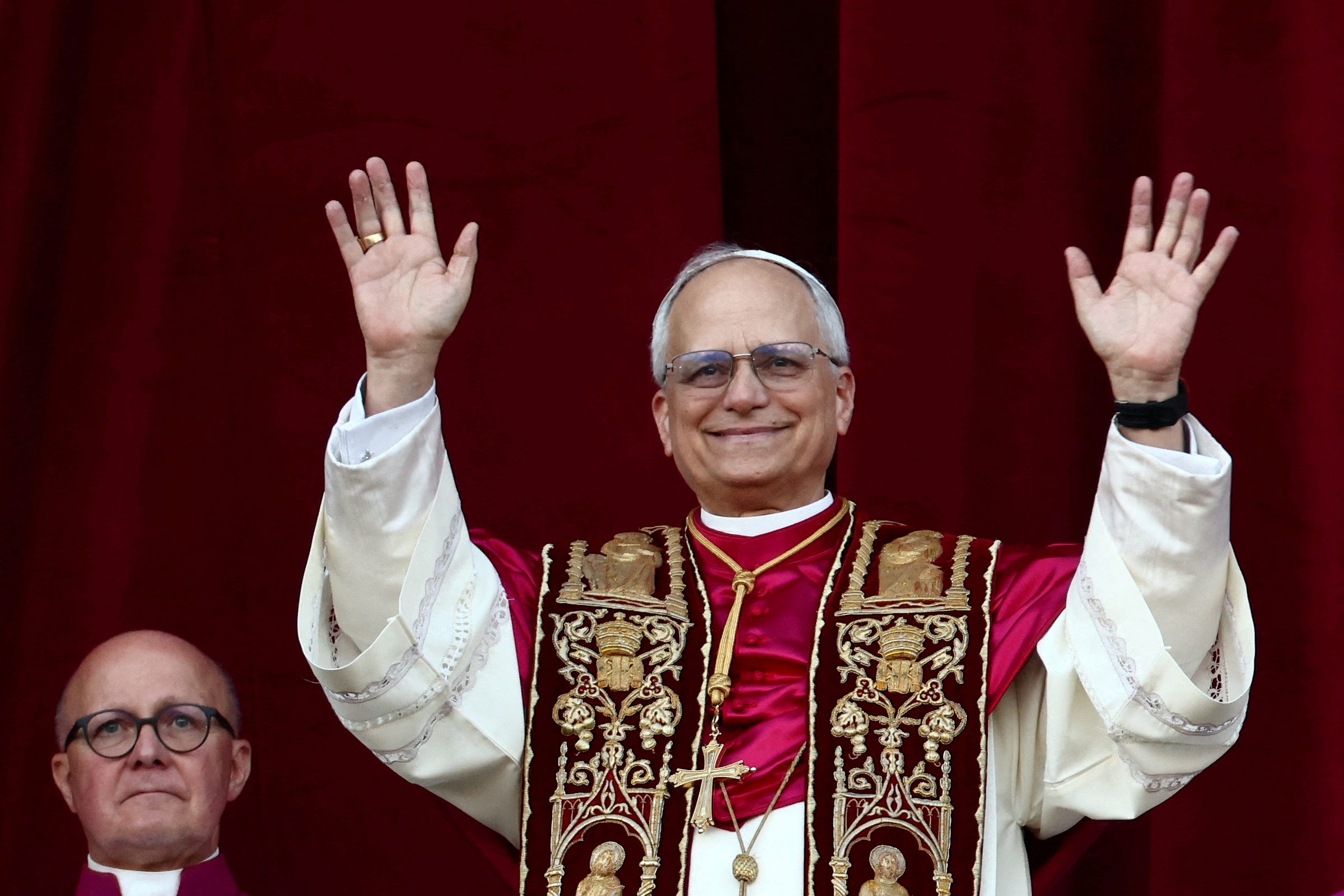The First American Pope
Pope Leo XIV is Robert Prevost of Chicago

After centuries of European dominance and worries about American hegemony, the Vatican conclave has signaled a historic shift toward the global south with a dual-citizen pontiff.
White sm…



